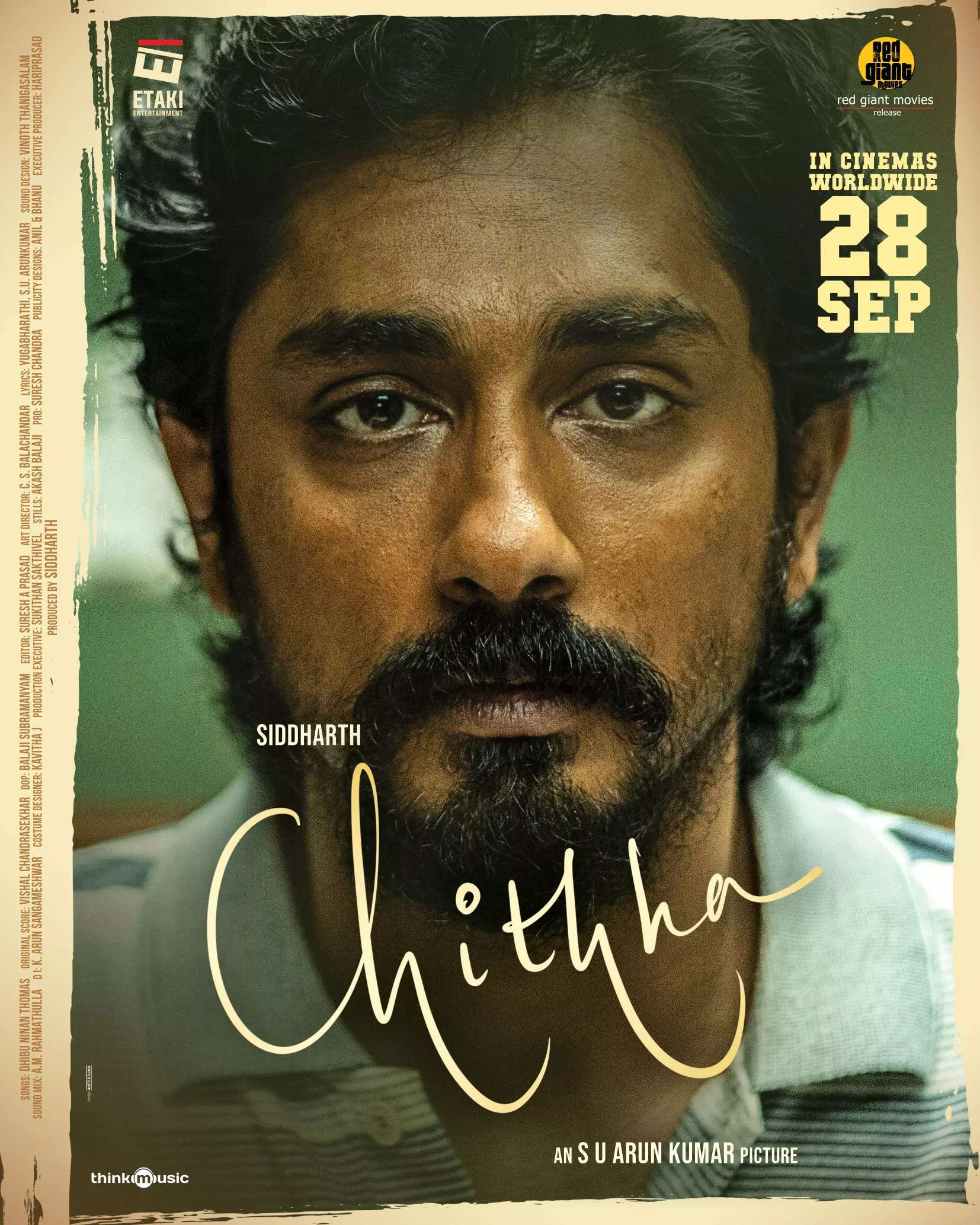The best slasher films offer a particular gory comfort, with the chase, deaths and a kind of twisted logic. I Know What You Did Last Summer (1997) based on Lois Duncan’s 1973 young adult novel was immense fun and spawned two sequels, I Still Know What You Did Last Summer (1998) and I’ll Always Know What You Did Last Summer (2006), a series in 2021 and countless headline options to sub-editors.

The latest reboot after the show was cancelled, is a sequel to I Still Know What You Did Last Summer and features the two survivors of the 1997 Southport massacre, Julie (Jennifer Love Hewitt) and Ray (Freddie Prinze Jr.).
I Know What You Did Last Summer (English)
Director: Jennifer Kaytin Robinson
Cast: Madelyn Cline, Chase Sui Wonders, Jonah Hauer-King, Tyriq Withers, Sarah Pidgeon, Billy Campbell, Gabbriette Bechtel, Austin Nichols, Freddie Prinze Jr., Jennifer Love Hewitt
Runtime: 111 minutes
Storyline: Five friends are haunted by a death they were responsible for a year ago
Southport has a new bunch of terrorised friends — Danica (Madelyn Cline), Ava (Chase Sui Wonders), Milo (Jonah Hauer-King), Teddy (Tyriq Withers) and Stevie (Sarah Pidgeon).
After Danica and Teddy’s engagement party, the five friends go for a drive on the winding cliff road where a terrible accident occurs. Stevie, who had a problem with substance abuse, just got cleaned up and was working at Ray’s bar when she joined the friends on the fateful cliff road drive. The five friends decide to keep quiet about their involvement and go their separate ways.
A year later, Ava returns to Southport for Danica’s bridal shower. The events of the previous year naturally have affected the friends. Teddy, whose father, Grant, (Billy Campbell) a wealthy real estate mogul who “scrubbed the internet” of all mentions of the earlier killings, spirals out of control prompting Danica to break their engagement. Danica is now engaged to sweet Wyatt (Joshua Orpin).

A still from ‘I Know What You Did Last Summer’
| Photo Credit:
Sony Pictures
On her flight to Southport, Ava meets Tyler (Gabbriette Bechtel) who hosts a true crime podcast called Live, Laugh, Slaughter (one wonders how slaughter is a laughing matter) and is coming to North Carolina to follow up on the 1997 Southport killings.
Soon enough Danica gets an anonymous note saying, yes, “I Know What You Did Last Summer,” and it all starts again — the hook, slicker, hat, blood and bodies. The kills are not particularly imaginative, the chases are on the wrong side of thrilling and the final reveal will have your eyes roll right out of their sockets.

While it was nice to see Prinze Jr. and Hewitt reprise their roles, I Know What You Did Last Summer offers nothing new by way of plot, character or dialogue. The young cast act for all they are worth and the effort shows. The movie provides unintentional laughs with memories of Keenen Ivory Wayans’ Scary Movie (2000). Unless, one can come up with radically new twists to the slasher formula, it is probably time to lay the hooks and ghostface to rest. Sigh.
I Know What You Did Last Summer is currently running in theatres
































